ActivHeal Silicone Wound Contact Layer
Sterile wound dressing consisting of a knitted polyester fabric coated with silicone adhesive on both sides

The professional's guide to wound product selection
Sterile wound dressing consisting of a knitted polyester fabric coated with silicone adhesive on both sides
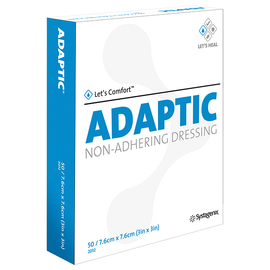
A non-adherent primary dressing comprised of knitted cellulose acetate mesh impregnated with a petrolatum emulsion. Can be cut to size. Can be used with compression therapy.
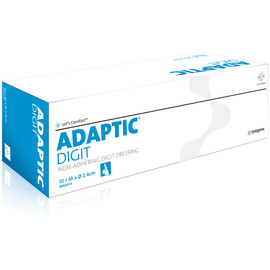
Non-adherent digit dressing made of a tacky, silicone-coated, open-knit, cellulose fabric with a double-coiled tubular bandage
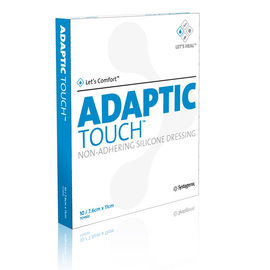
Non-adherent primary wound contact layer comprising an unique cellulose acetate mesh coated with a soft tack silicone
Soft silicone wound contact dressing with polyurethane foam film backing
Soft silicone wound contact dressing with polyurethane film backing
Soft silicone wound contact layer designed to protect the wound site and improve comfort during changes
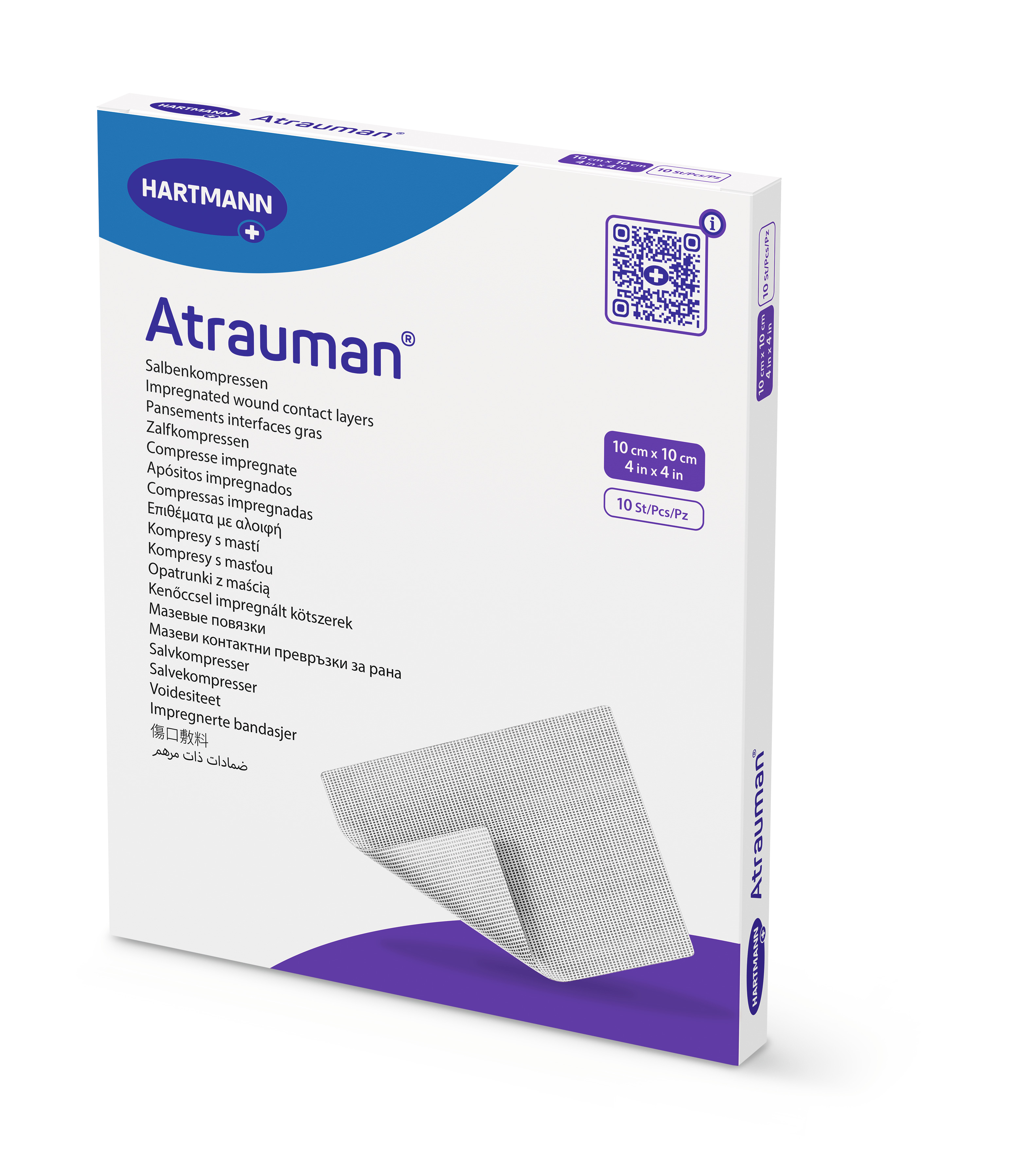
Non-adherent, polyester mesh wound contact layer. 1mm pore size and impregnation of neutral triglycerides to prevent penetration of granulation tissue into dressing. Petrolatum-free.
One-sided silicone contact layer for atraumatic removal and wound protection. Composed of a perforated transparent polyurethane support film and a wound direct-contact layer in a silicone gel.
Self-adhesive wound dressing that provides coverage of wounds and absorption of wound exudate, with quick application, comfort and a secure and comfortable hold, even with higher mobility, making it suitable for use in the shower and during sports.
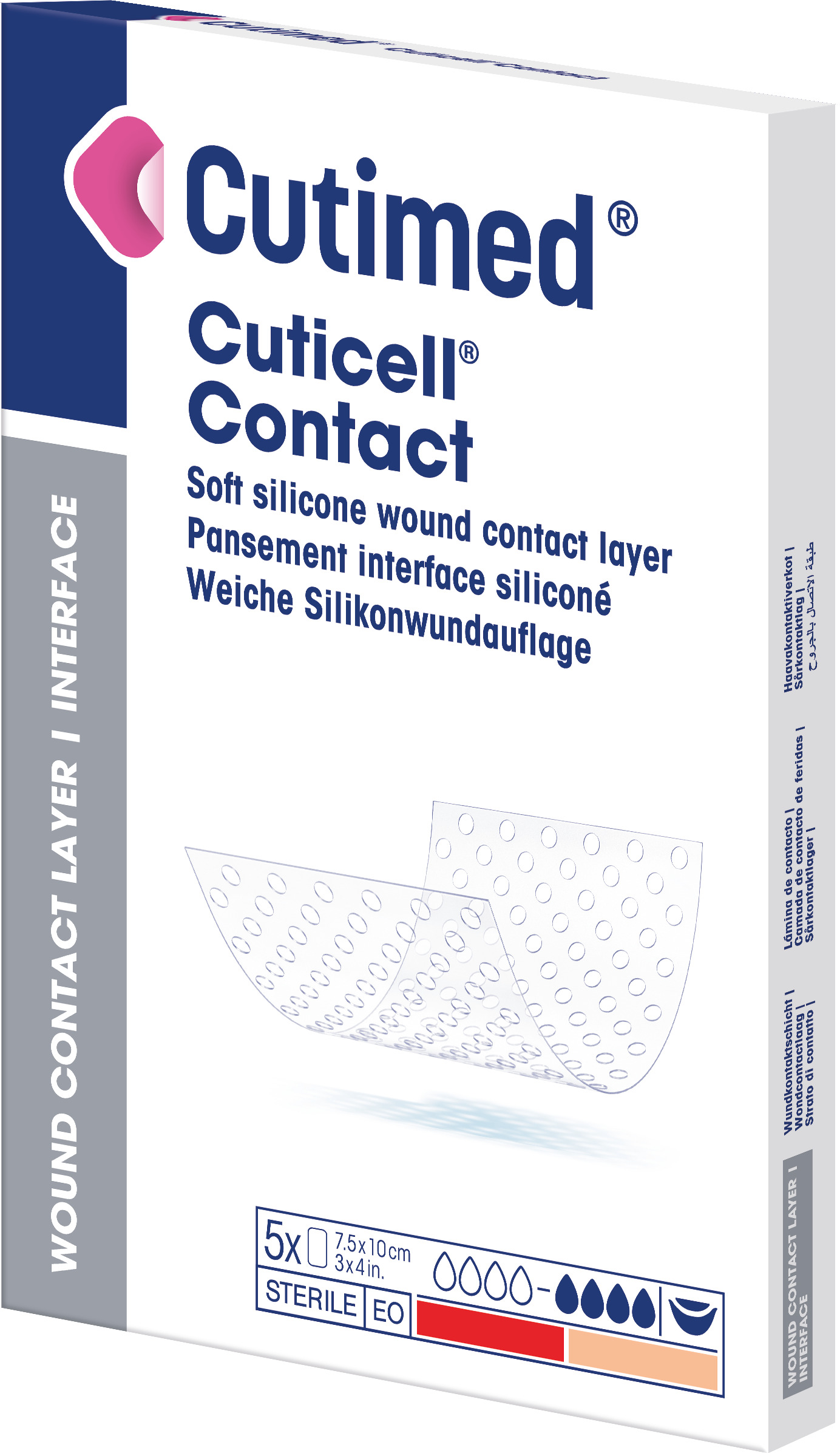
Absorbent perforated dressing with adhesive border
Absorbent perforated dressing with adhesive border
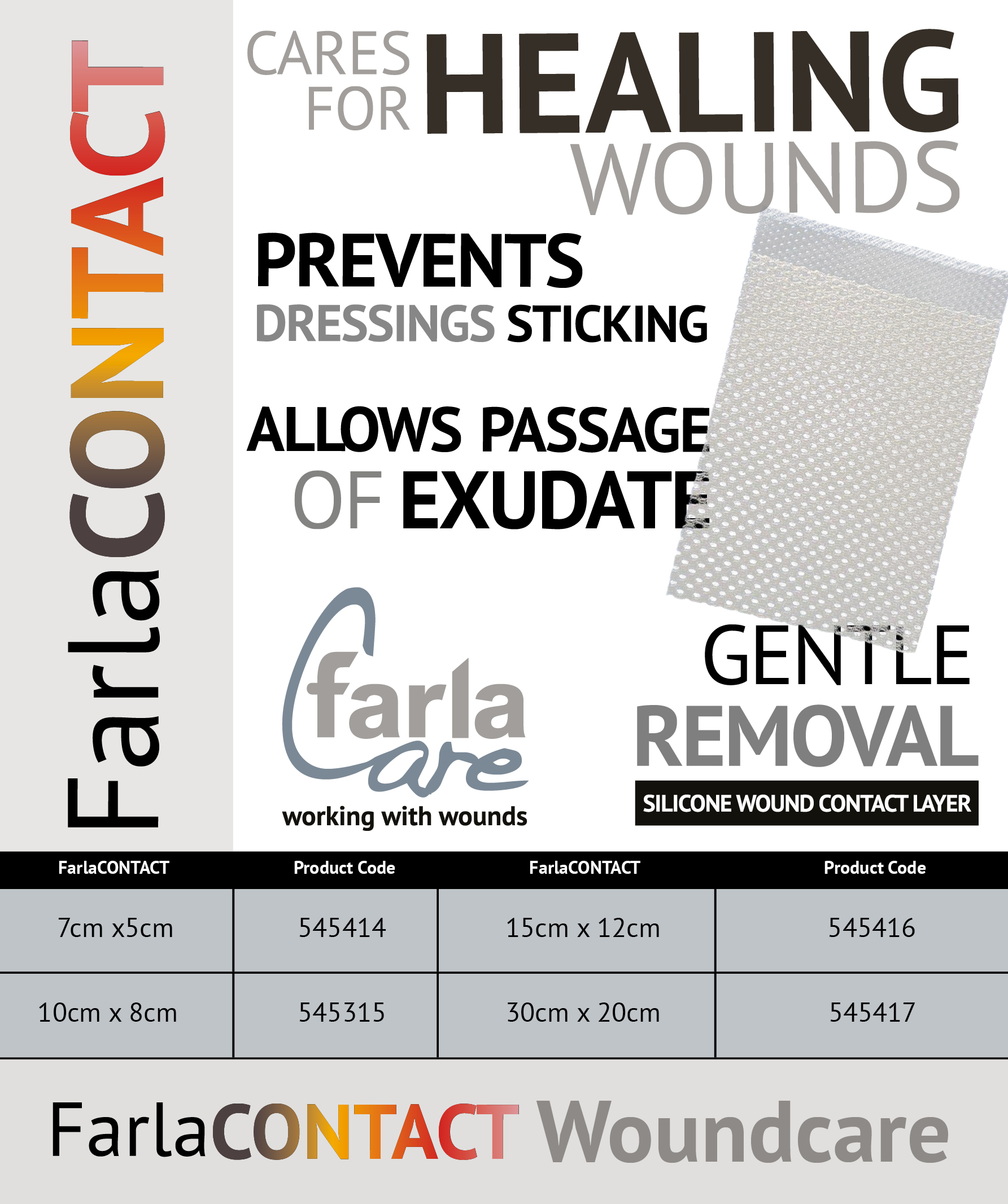
Two-sided silicone dressing with wound contact layer of silicone adhesive, mesh and polyurethane film
A hydro-responsive wound dressing with AquaClear technology, comprising a hydropolymer gel wound contact layer and an absorbent polyurethane foam layer. An adhesive version is also available in HydroTac Comfort.
A hydro-responsive wound dressing with AquaClear technology, comprising a hydropolymer gel wound contact layer, with a polyurethane foam film backing and an adhesive border. A non-adhesive version is also available in HydroTac Comfort.
One-sided soft-silicone wound contact layer with porous structure that allows exudate to pass into outer absorbent dressing. One-sided layer prevents secondary dressing from sticking to wound contact layer. Can also be used as a protective layer on non-exuding wounds, on areas with fragile skin and in negative pressure wound therapy.
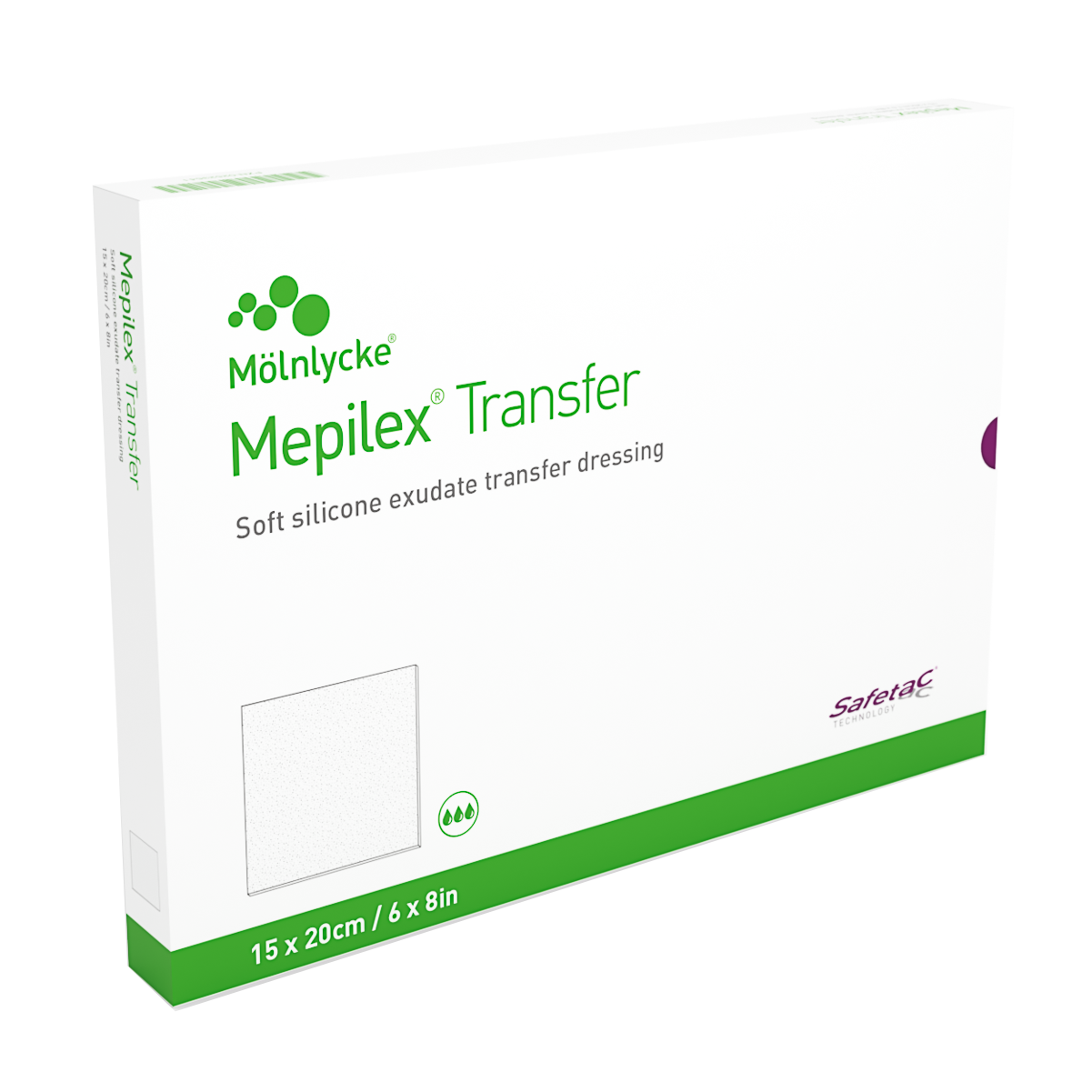
A soft silicone contact layer, with an ultra-conformable foam that allows exudate to be transferred vertically into a secondary absorbent pad
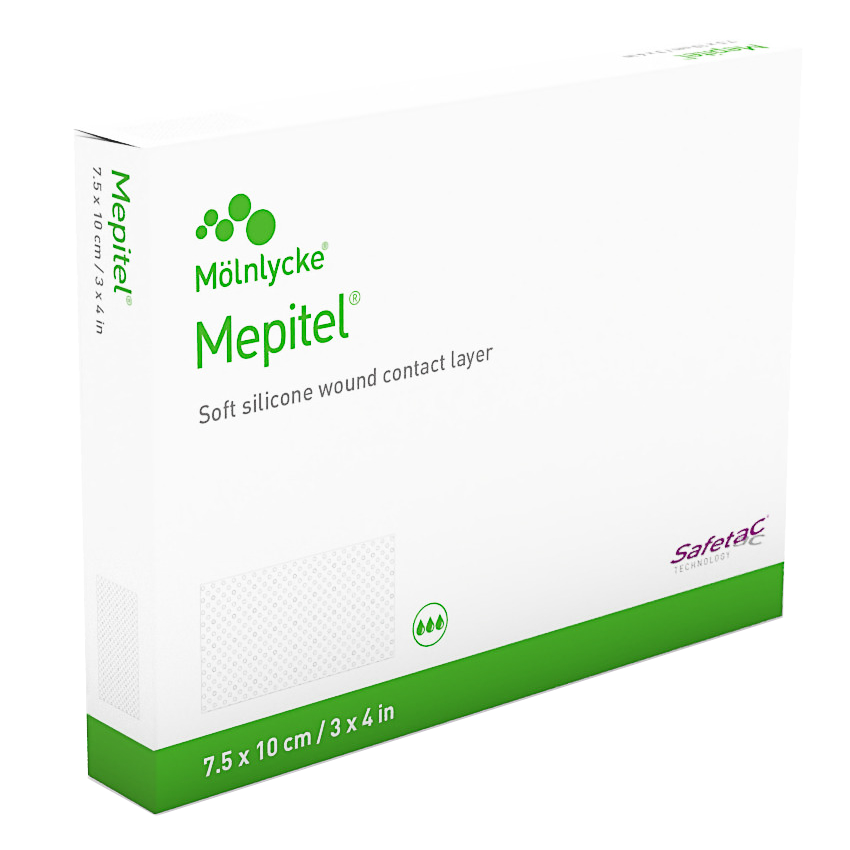
Two-sided, transparent, perforated, with silicone on both sides of the flexible polyamide mesh. The open mesh structure allows exudate to pass into an secondary absorbent dressing
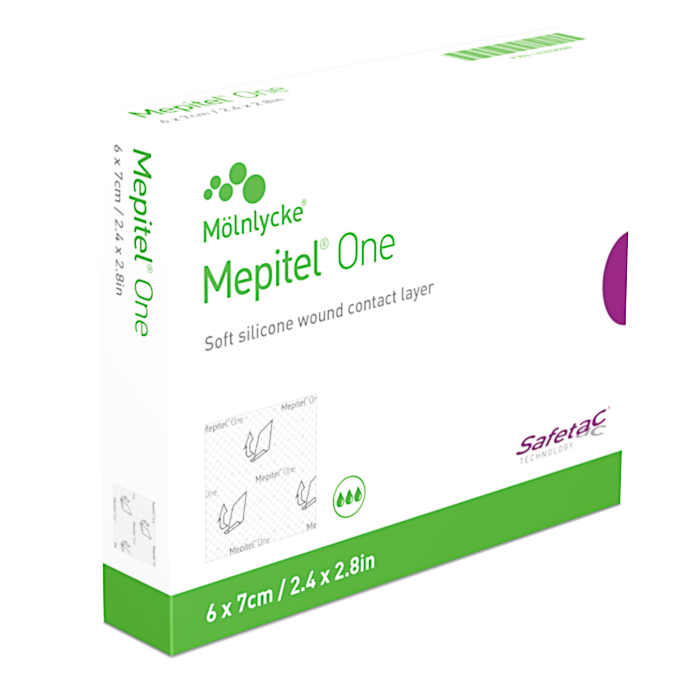
Soft silicone wound contact layer with silicone on one side of a highly transparent and flexible polyurethane mesh
Soft silicone wound contact layer with silicone on one side of a highly transparent and flexible polyurethane mesh
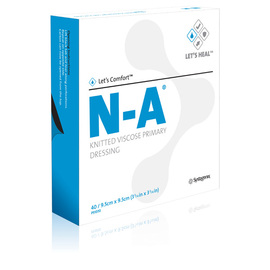
A primary wound contact layer consisting of a knitted viscose rayon sheet
Non-adherent, breathable, silicone wound dressing
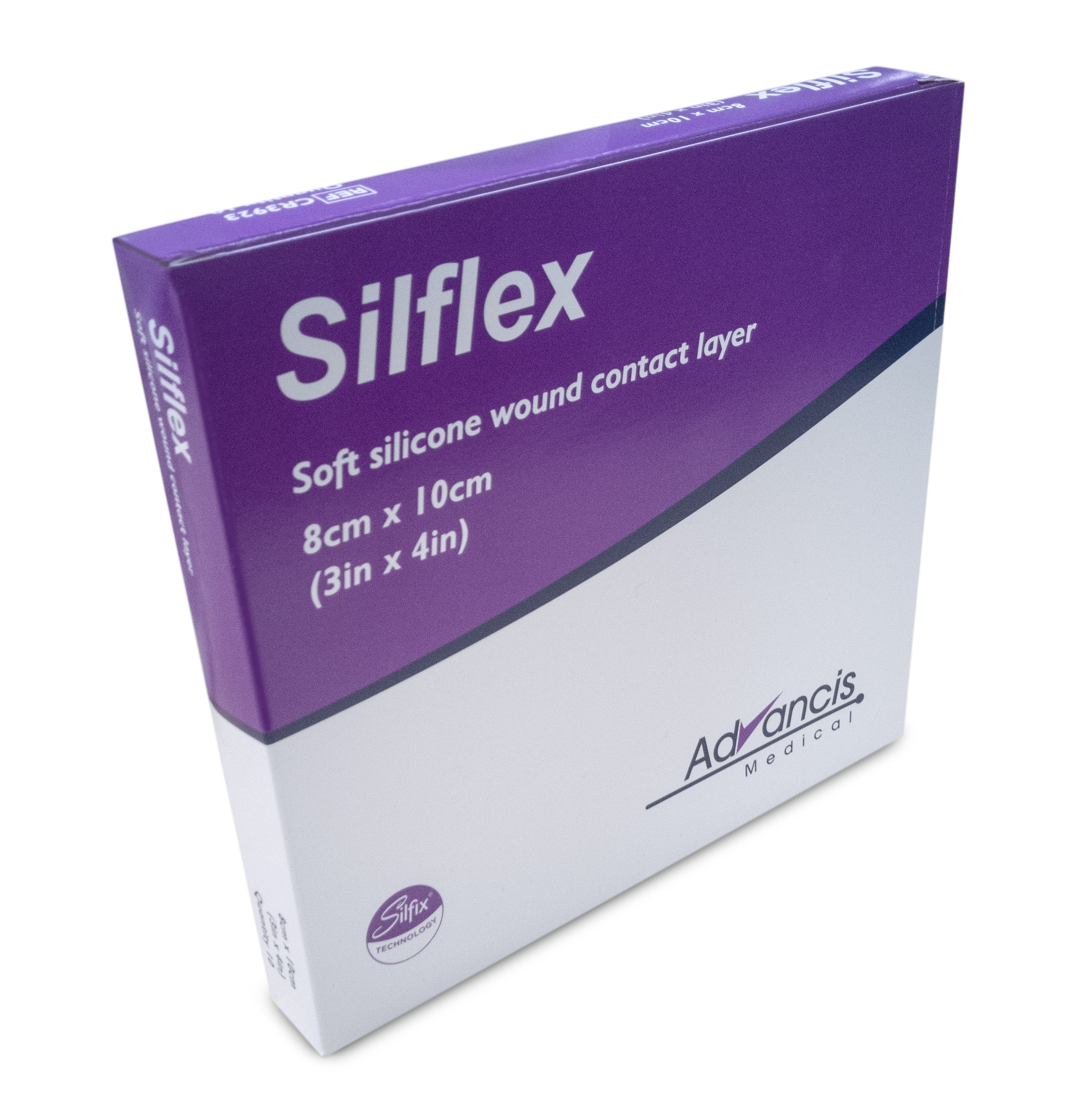
Wound contact layer made from polyester mesh coated with soft silicone
Thin, flexible, non-adherent wound contact layer consisting of a polyester mesh coated in soft silicone. Open mesh design intended to facilitate fluid management while reducing stress to the wound and any newly formed tissue.
Non-adherent permeable woven nylon primary wound contact layer
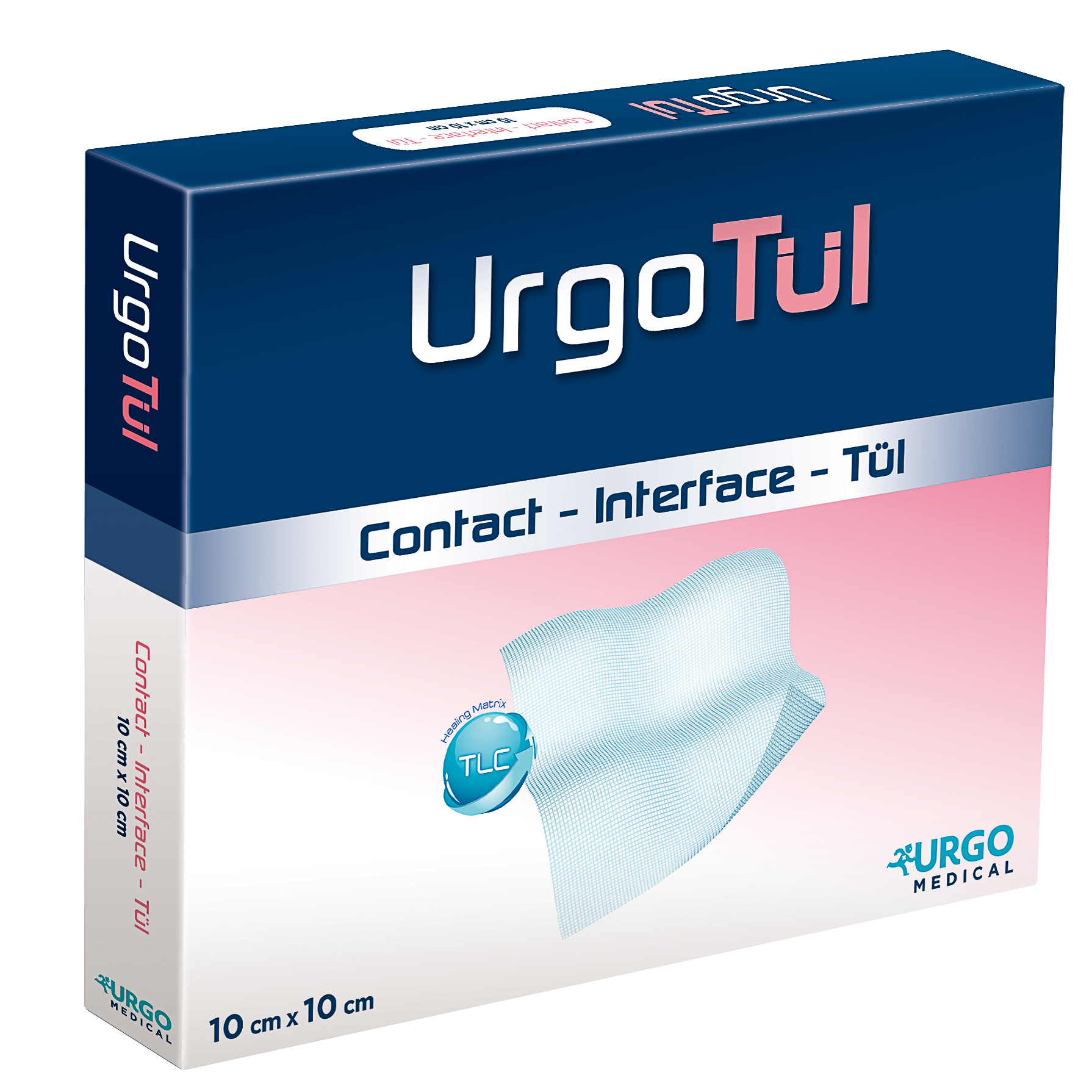
Flexible contact layer containing a TLC (technology lipido-colloid) Healing Matrix that provides a nurturing environment for healing, pain-free dressing changes and harm-free care. Can stay in place for up to 7 days.
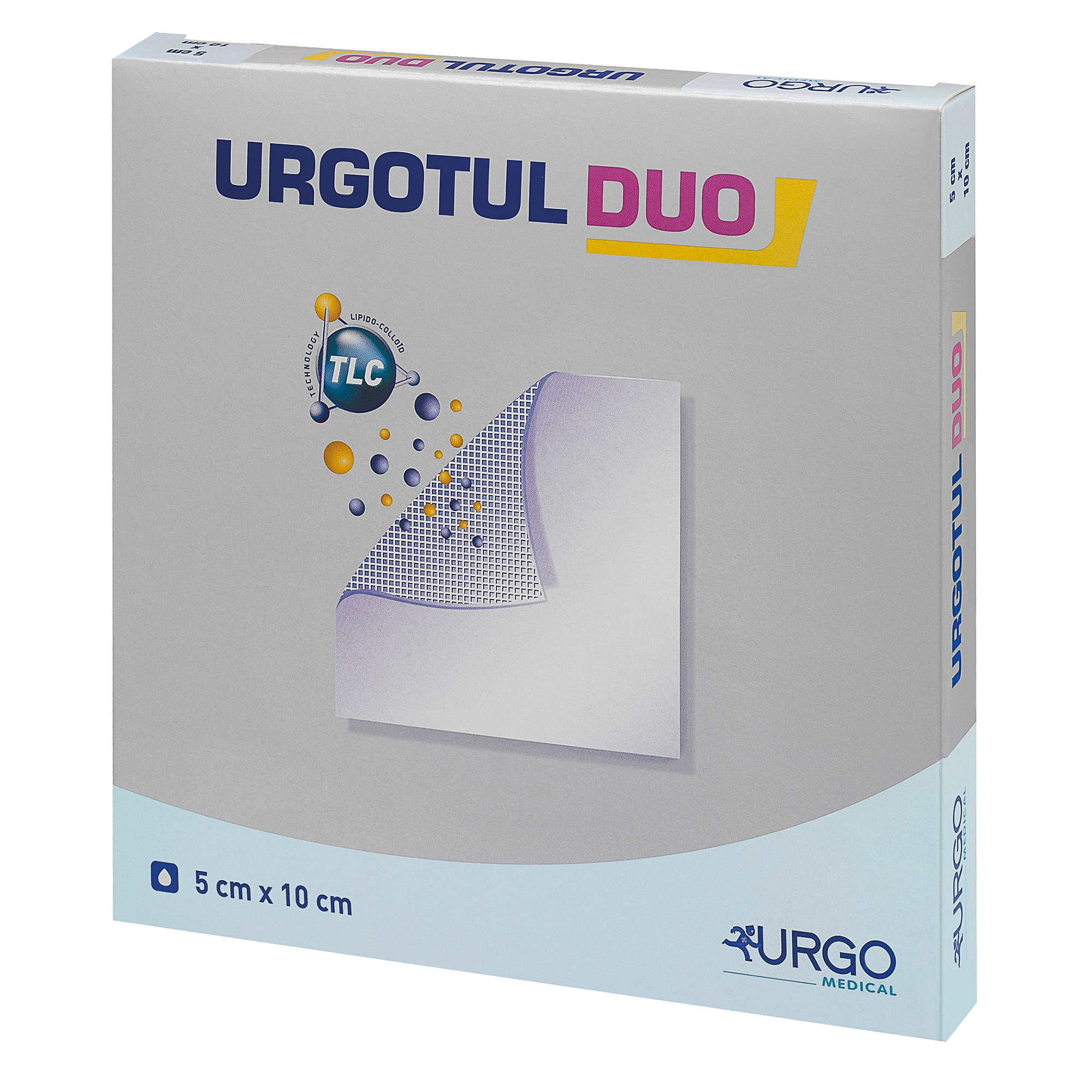
A non-adherent light absorbency contact layer containing TLC Healing Matrix to promote wound healing and allow pain-free dressing changes. It is composed of a polyester mesh impregnated with hydrocolloid and petroleum jelly particles, combined with a protective viscose lining for light absorbency.